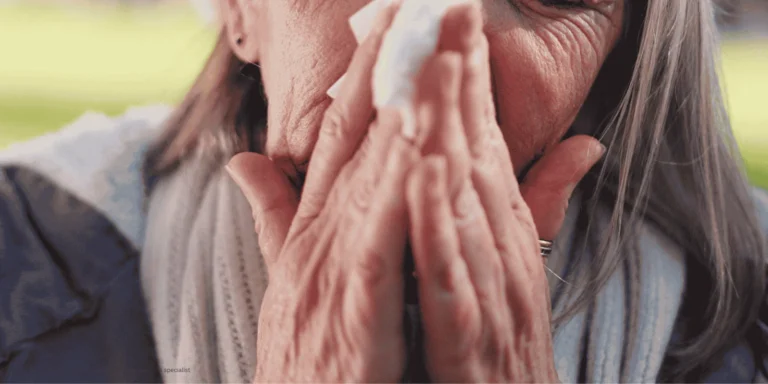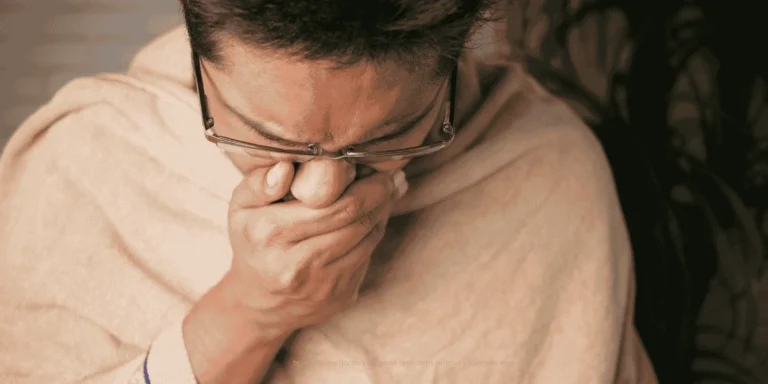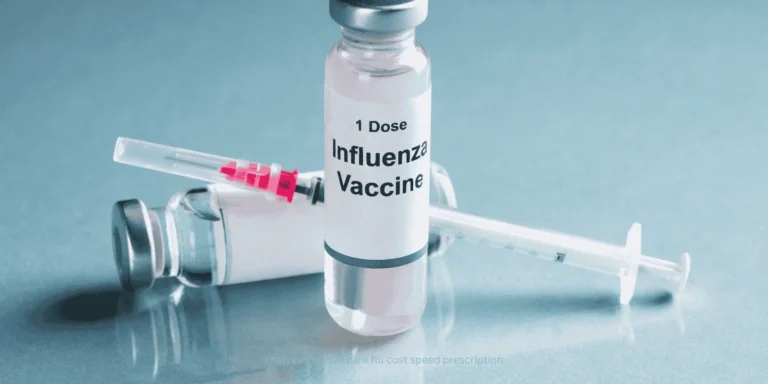Not everyone with pneumonia needs hospital care, but certain groups face much higher risks of complications that require intensive treatment. Understanding who’s most vulnerable helps families make better decisions about when to seek immediate medical attention.
Over my three decades in medicine, I’ve seen patterns in who ends up hospitalized with pneumonia. It’s not random—specific risk factors dramatically increase the chances of severe disease.
Age Makes a Huge Difference
Adults over 65 account for nearly 60% of pneumonia hospitalizations. Their immune systems don’t respond as quickly or effectively to infection. What might be mild pneumonia in a 40-year-old can become life-threatening in someone who’s 75.
Infants and toddlers under age 2 also face elevated risk. Their airways are smaller, so even moderate swelling can cause breathing problems. Plus, their immune systems are still developing.
I remember a grandmother last year who delayed getting care because she thought she just had a bad cold. By the time her family brought her in, she needed oxygen and IV antibiotics. Early intervention would have kept her out of the hospital.
Chronic Health Conditions Raise the Stakes
If you have COPD, asthma, heart disease, or diabetes, pneumonia hits harder. Your body is already managing one health challenge, and pneumonia adds a second that can overwhelm your system.
People with weakened immune systems—from cancer treatment, HIV, or immunosuppressive medications—can’t fight infections effectively. They develop complications faster and more severely than healthy individuals.
Lifestyle Factors You Can Control
Smoking damages lung tissue and weakens your natural defenses against respiratory infections. Smokers are hospitalized for pneumonia at rates three to four times higher than non-smokers.
Heavy alcohol use suppresses immune function and damages lungs over time. It also increases the risk of aspiration pneumonia, where food or liquid gets into the lungs.
Warning Signs That Mean Hospital Care
Certain symptoms indicate pneumonia is becoming dangerous. Confusion or disorientation, especially in older adults, is a red flag. Difficulty breathing at rest, bluish lips or fingernails, or chest pain with breathing all require immediate emergency evaluation.
High fever that won’t respond to medication, rapid heart rate above 100 beats per minute, or very low blood pressure also signal severe infection.
Prevention Saves Lives
Pneumonia vaccines significantly reduce hospitalization risk for vulnerable groups. The pneumococcal vaccine is recommended for adults 65 and older, plus younger people with certain health conditions.
Annual flu shots help too, since influenza often leads to pneumonia as a complication. I encourage all my high-risk patients to stay current on these vaccines.
The Bottom Line
Most pneumonia can be treated at home with antibiotics and monitoring. But if you’re over 65, have chronic health problems, or develop severe symptoms, hospital care might be necessary. Don’t wait—early treatment prevents complications and saves lives.
Through telemedicine, we can assess your symptoms and risk factors to determine the right level of care. When in doubt, err on the side of caution.












